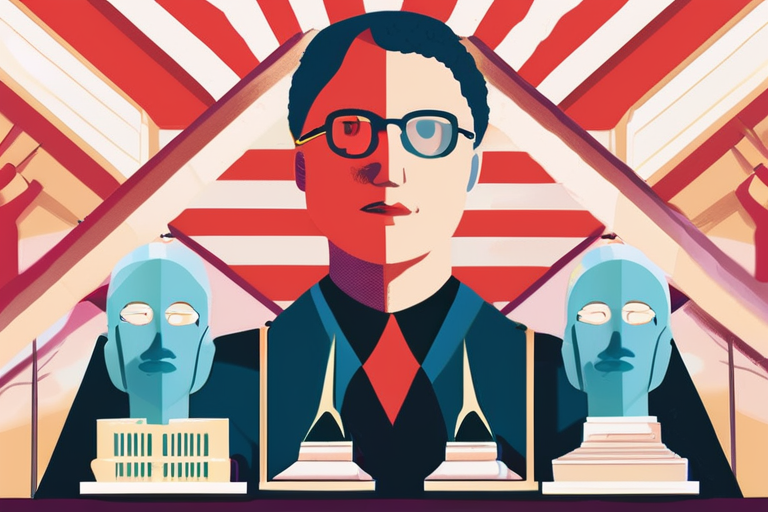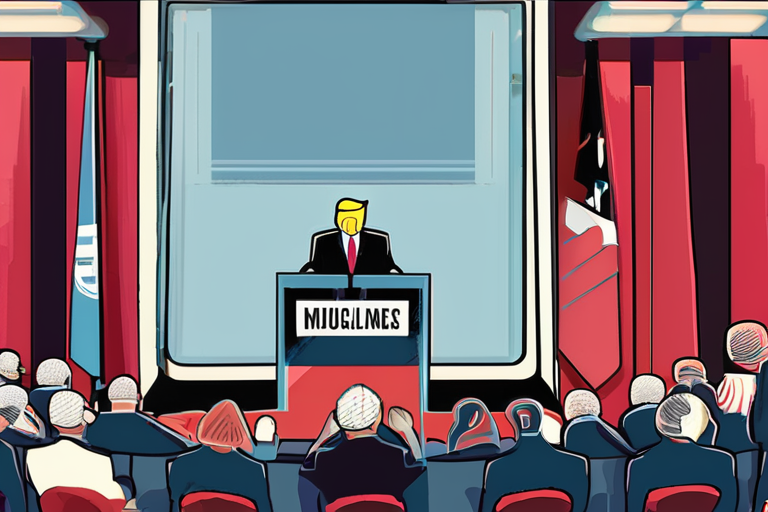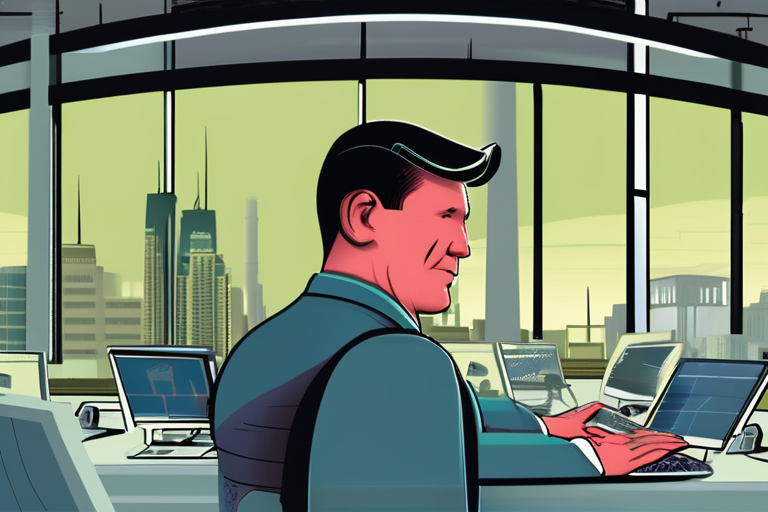Medical Experts Under Fire: Supreme Court Debates Validity of Conversion Therapy Ban


Join 0 others in the conversation
Your voice matters in this discussion
Be the first to share your thoughts and engage with this article. Your perspective matters!
Discover articles from our community

 Hoppi
Hoppi

 Hoppi
Hoppi

 Hoppi
Hoppi

 Hoppi
Hoppi

 Hoppi
Hoppi

 Hoppi
Hoppi

Seven Things to Know About Trump's UNGA Speech President Donald Trump's speech at the United Nations General Assembly (UNGA) on …

Hoppi

U.S. Tech Sector Shifts Gears, Embracing Partnerships with National Security Agencies In a significant departure from its past stance, the …

Hoppi

Breaking News: House Speaker's Shocking Claim Sparks Confusion at White House On Thursday, September 6, 2025, House Speaker Mike Johnson …

Hoppi

Coinbase Applies for National Trust Charter, Seeks Federal Oversight In a move to expand its services and increase flexibility, Coinbase …

Hoppi

At Least 30 Injured in Russian Drone Strike on Railway Station in North-East Ukraine A devastating Russian drone strike on …

Hoppi

BREAKING NEWS: Multiple Injuries Reported in Yemen Drone Strike on Israeli Territory, Rescue Efforts Underway At least 20 people have …

Hoppi